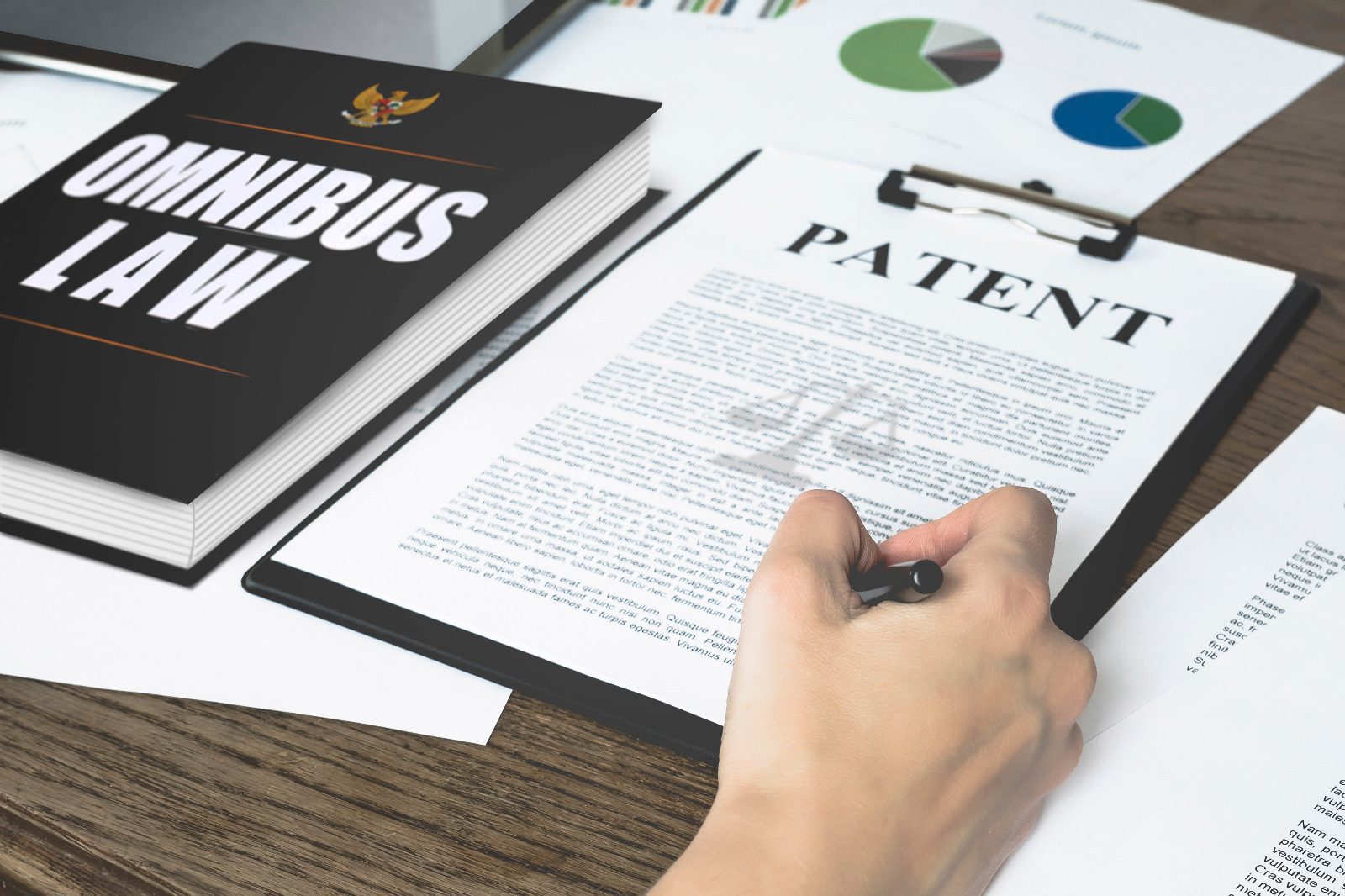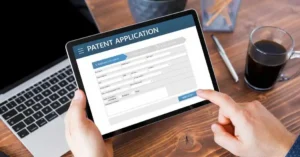Since last March, the controversial 2023 Omnibus Law on Job Creation has been officially enacted. As the word “Omnibus” suggests, the bill provided several important changes to wide-ranging sectors, including Patents.
Here are the updates given to Law No. 13/2016 on Patents as stipulated in the Omnibus Law:
Article 3 of the Patent Law stipulates the qualifications for a patent, or a simple patent. In Article 3, Paragraph (2) stipulates that simple patents are granted for new inventions, improvements to an existing product or process, and inventions susceptible to industrial application. The Omnibus Law added a paragraph that defines “improvements from existing products or processes.” Moreover, in the newly added Article 3, Paragraph (3), what constitutes as improvements from an existing product or process includes “simple products, simple processes, and simple methods.”
The next change is a more significant one. Article 20 of the Patent Law stipulates that a Patent holder must use the products they have patented or the processes they have patented in Indonesia. Furthermore, the manufacturing or usage must also encourage technology transfer, investment absorption, or the creation of jobs. Under Omnibus Law, the requirements are reduced only to either manufacturing, importing, or licensing of the patented products or products created from patented processes or methods. Gone are all the social” requirements concerning technology transfer, investment absorption, and job creation.
With the change in Article 20, other articles are affected as well. Article 82, Paragraph 1, stipulates that a compulsory license could be issued if a Patent Holder has not fulfilled their obligation to make products or use the process in Indonesia as referred to in Article 19, Paragraph 1, within a period of 36 months after the granting of a Patent. With the Omnibus Law, the paragraph now refers to the newly revised Article 20 instead of Article 19.
The last change concerns simple patents. Article 122, Paragraph 2, stipulates that a request for substantive examination on a simple Patent may be submitted together with the filing of the simple Patent Application or not later than six months from the simple Patent Application Filing Date and subject to fees. The Omnibus Law alters this paragraph by removing “not later than six months as from the simple patent application filing date.”
The time needed for announcements has also changed. Article 123, Paragraph 1, of the Patent Law originally stipulated that announcements of simple patent applications are conducted not later than seven days after three months from the filing date. This time period has now been extended to 14 days. Moreover, a newly added paragraph stipulates that the stipulations regarding patent application opposition in Article 49, paragraphs 3 and 4, do not apply to simple patent applications. Paragraph (3) stipulates the duration in which the Minister would communicate an objection or opinion, while Paragraph (4) stipulates the filing and response to said opinion or objection and the required maximum duration.
According to the original stipulations of Article 124, The Minister is required to decide on whether to grant or refuse a simple Patent Application not later than twelve months from the filing date. Under the Omnibus Law, the duration is shortened to six months.
Conclusion
With the new changes brought forward by Omnibus Law, plus the proposed new Patent bill which is currently under development, the landscape of Indonesian patent ecosystem might soon be greeted with drastic changes. This is a topic that consultants, inventors, and entrepreneurs ought to keep a close eye on. If you have questions regarding patents or any other regime of IP, contact us via ambadar@ambadar.co.id. We will provide the best quality that only six decades of experience could offer.




